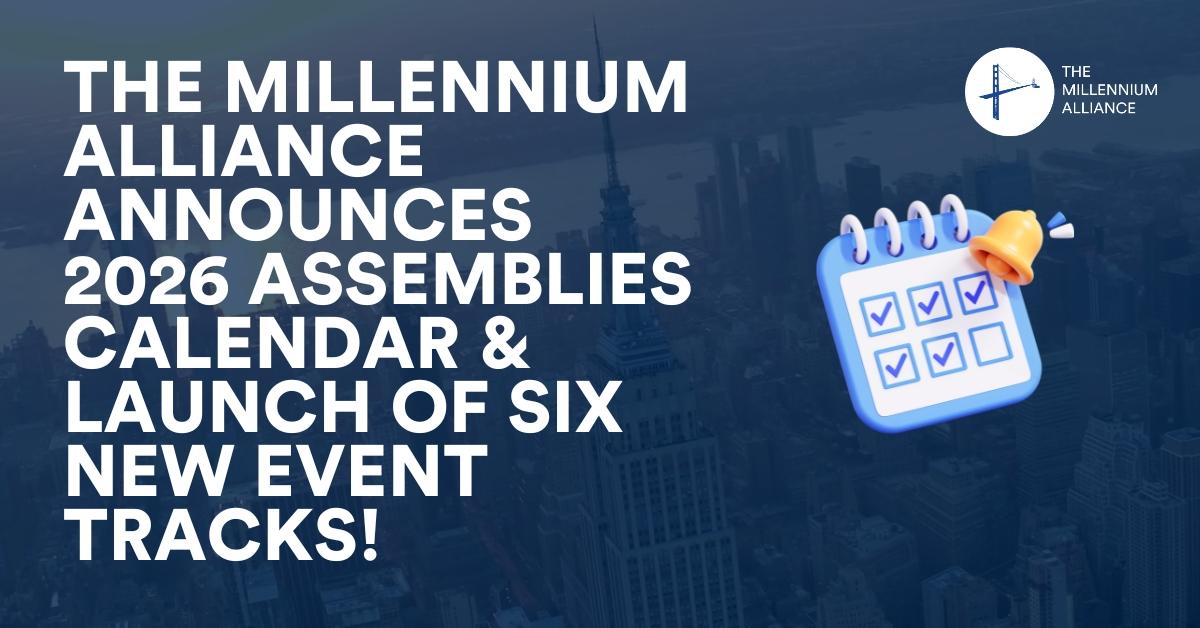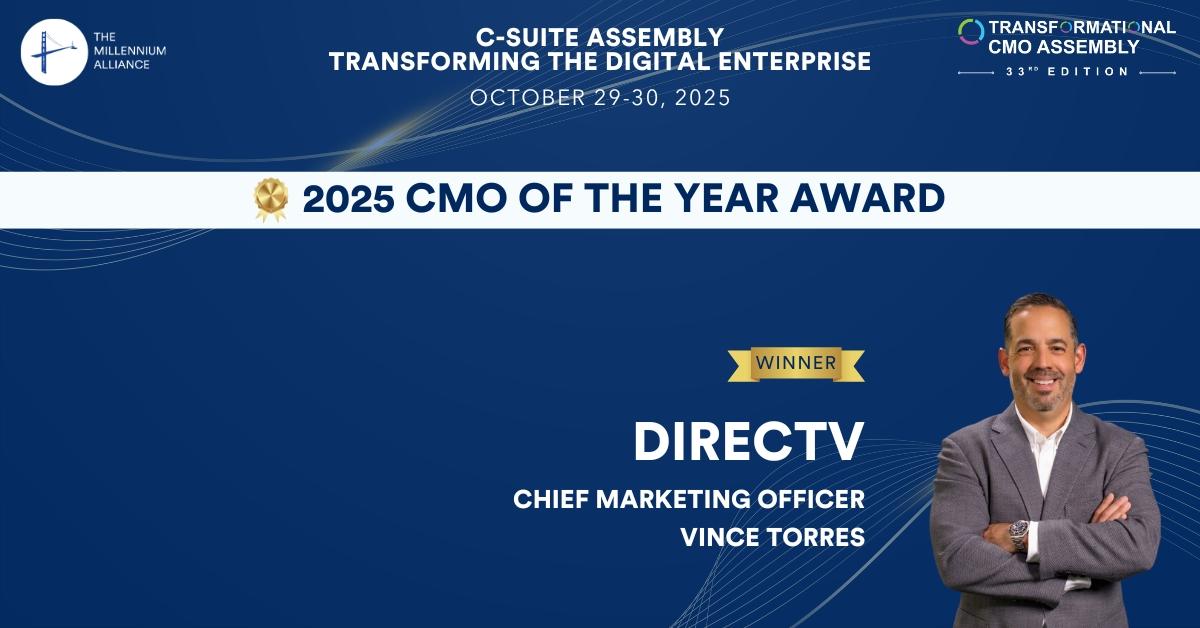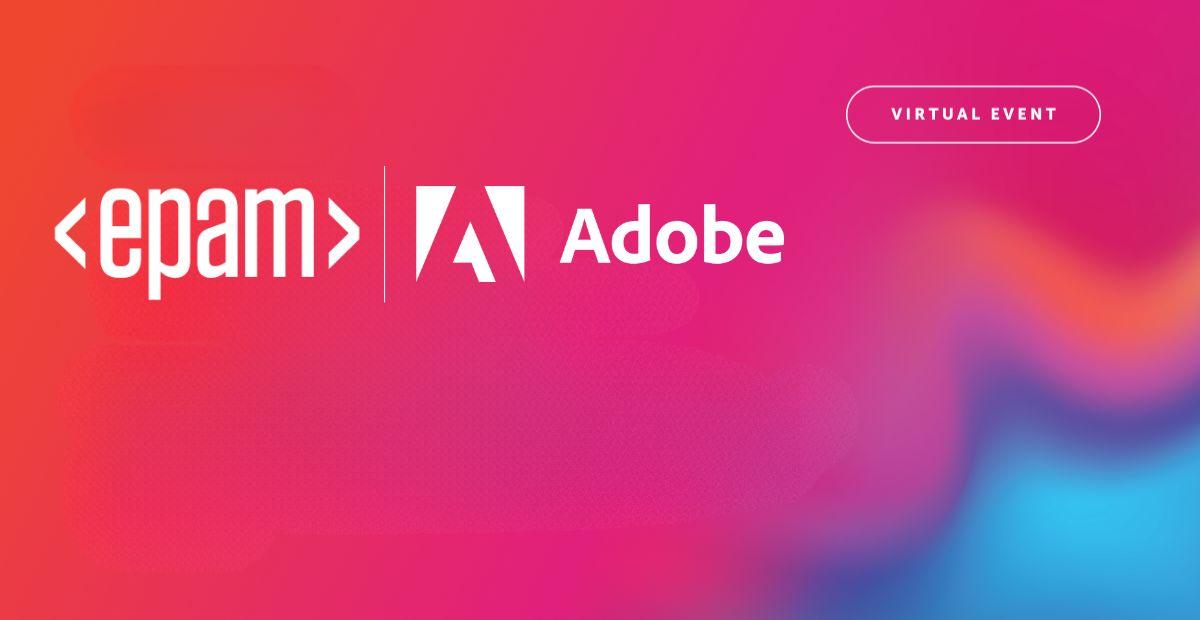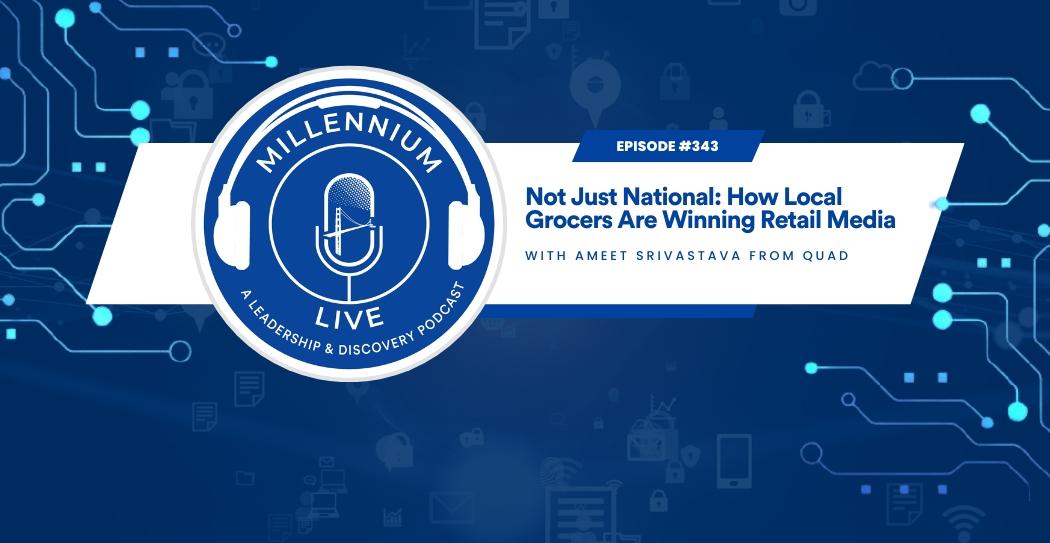The term freelance has been around as early as the 19th century. In fact, the term was first used to describe a mercenary for hire, hence free “lance”. Since then, freelance work has evolved so much. The emergence of the digital age over the past decade has redefined freelance to what we know it to be today. Here on “MobileFirst, Mobile First!” we have looked at how the digital age has been transformed by the growing number of mobile devices. Mobile has ceased to be just a means of communication and is now a vital part of how people live and work. Consequently, freelance work has also evolved with it. An employee can now work for multiple companies and on numerous projects from one device.
Technology Created The Gig Economy
The gig economy was born through the advancement of the digital age. Due to how it is now much easier to work from home or a remote location, companies are finding it much more convenient to hire independent workers who can apply their skills for a short period of time. This has opened up the job market as companies are much more likely to hire on short-term contracts than invest in full-time employees. Forbes indicates that 57 million Americans are part of the gig economy, which amounts to one-third of the U.S. population. Moreover, a little more than 50% of full-time freelancers use third-party websites or applications to find work. This shows how the mobile digital landscape has led to a rapid rise in freelance work.
The Future Of Tech Is Freelance
Today’s tech industry relies heavily on freelancers. This particular set up works well for smaller tech companies looking to save on costs. It also helps businesses explore a wider range of skilled experts and find someone whose background fits a particular project. At Google, for example, contract workers outnumber regular employees, and this is a trend that has led to the prediction that 45% of tech jobs will be freelance by 2028. One reason for this is the adaptability of freelance workers. Yoss states that hired freelancers can often fill a role much faster due to their availability. This has become hugely beneficial for tech companies who don’t have the resources to train their own staff and allows freelancers to develop a diverse portfolio across multiple work placements.
Redefining Traditional Job Profiles
Freelance has become an impetus for what ZD Net calls “reskilling”. The site notes how freelancers now have to deal with other skilled tasks they didn’t need to before, such as contract negotiation, accounting, and client management. Tech journalist Michael Rander in his post on the digital economy, “the digital economy creates an opportunity for providing continuous learning that is more active and self-directed.”
Traditional job profiles have become blurred in this new digital landscape where freelancers are their own managers. The rate of “learning by doing” increases when you work for different clients on a daily basis. Freelancers are constantly acquiring new skills that help them become better and more marketable. The emphasis on learning new skills is high especially in the tech industry where experts are required to keep up with the latest software and technology.














